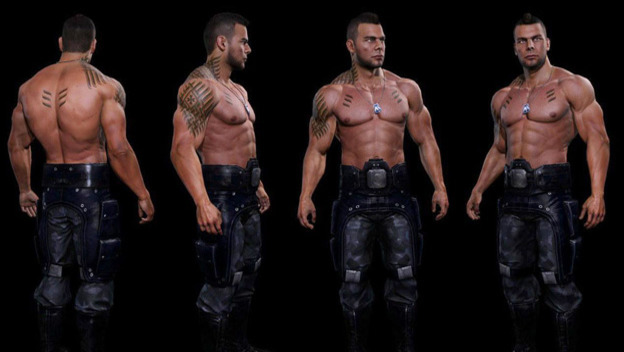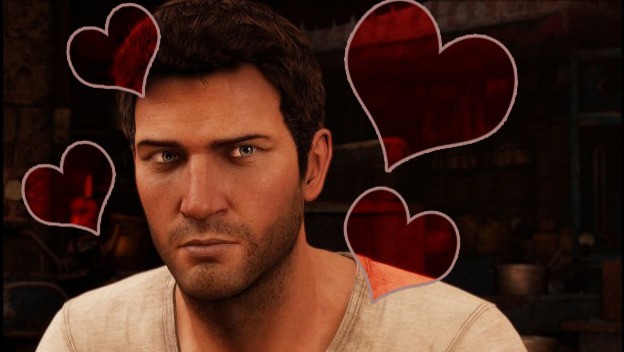The video game industry isn’t exactly known for being overly respectful of women. And even though most male gamers aren’t complaining, there has been a good deal of opposition to the standard treatment of female characters. Laura Croft, for example, was recently recast with a much more manageable bust line, and several Halo 4 developers have taken a very vocal stand against in-game sexism. All of this is undeniably positive, but isn’t the act of protecting women without offering the same consideration for men sexism in itself?
Now, before you skip past the rest of this article and start typing what I’m sure will be a calm, well-reasoned comment, just let me finish. I understand that this is a culturally ridiculous question, but that doesn’t mean we should ignore it.
If revealing clothing and hyper-sexualized characterization is the basis for the complaints against the industry’s female characters, shouldn’t we also consider the same elements in male characters? Men in video games are typically portrayed as physically perfect and incredibly handsome. Fat dudes need not apply for lead roles, but they may find themselves in the role of quirky sidekick and/or villain. Tight, revealing outfits are also normal, which is the central complaint of female sexism, right?

Male sexism doesn’t have to deal with the same social disgrace as its female counterpart, but it’s something worth considering. I’m certainly not offended by the treatment of men in video games, but I know women who aren’t offend by the way that females are portrayed. This is why our complaints must be applied equally. And if our concerns seem ridiculous when applied to men, does that mean that we’re being overly sensitive toward female sexism?
Either way, if the end game in this conversation is equality, we need to be asking these questions.
But there’s also the possibility that I’m being stupid. What do you think?
 | By Josh Engen News Director Date: January 18, 2013 |
